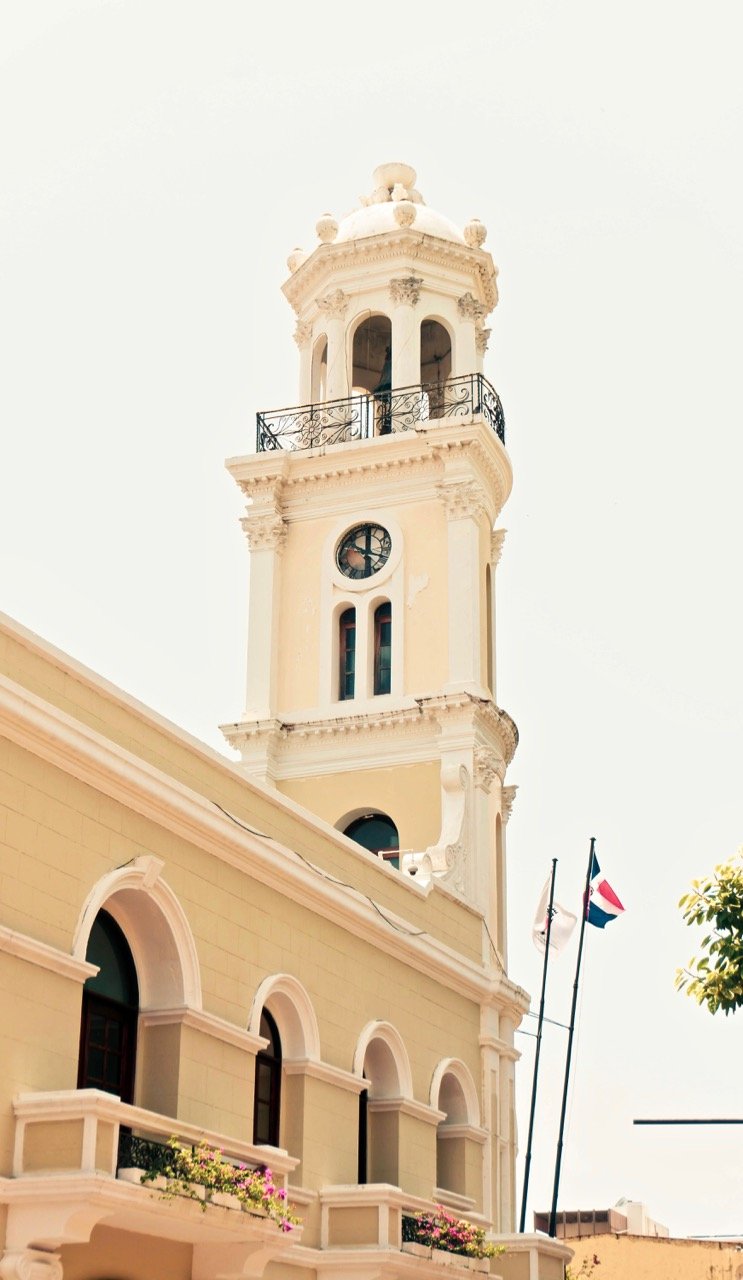Legal advice
Legal information on buying and owning land in the Dominican Republic

The information is for reference only and is based on publicly available sources; we do not provide legal services
Foreigners' rights to purchase real estate in the Dominican Republic.
According to Real Estate Law No. 108-05 (Ley de Registro Inmobiliario):
Foreigners enjoy the same rights as Dominican Republic citizens to acquire and own real estate in the country.
This means that a foreigner can purchase land using their passport, without the need for a residence permit or citizenship.
There are no restrictions on foreign land ownership (unlike in some Caribbean countries).
Inheritance: Land in the Dominican Republic is inherited by law or will; foreigners have the same rights.
Ownership types: Land can be purchased as an individual or through a company (SRL, SA). Sometimes it is more advantageous to use a company for tax optimization.
Utility costs: For land without buildings, there are virtually no utility costs; expenses are only for security and maintenance.
LAND/REAL ESTATE REGISTRATION PROCESS
1. Signing the Purchase and Sale Agreement (Contrato de Venta):
Drafted between the seller and buyer, often with the participation of a notary.
The price, terms of transfer, and description of the property are specified.
2. Due Diligence (property verification):
Checking the title deed in the Registry of Titles;
Encumbrances, liens, and mortgages are absent;
Checking the land plot boundaries in the cadastral register (Mensura Catastral).
3. Registration of the transaction:
The contract is submitted to the Registry of Titles through a lawyer.
After verification, the property is registered in the buyer's name.
Purchase Tax (Impuesto de Transferencia Inmobiliaria)
This is 3% of the property's value, as stated in the contract or the cadastral valuation (the larger amount).
This is a one-time tax paid upon registration of the transaction.
It is paid by the buyer.
Property tax (land tax) is levied annually.
Impuesto sobre la Propiedad Inmobiliaria (IPI):
Rate: 1% of the cadastral value over RD$9,750,000 (≈US$170,000).
If the plot is less expensive, the tax is waived.
Agricultural land used for its intended purpose may be eligible for tax breaks.
IMMIGRATION PROGRAMS - BUSINESS AND PASSIVE INCOME
According to Law No. 171-07: a program for retirees and individuals with passive income (rentiers).
Conditions:
Verified income from abroad of at least US$1,500/month (or US$2,000/month for a family).
This may include a pension, real estate rentals, or interest on deposits.
Benefits: accelerated residency, tax breaks on imported personal property.
Business Immigration
Minimum investment for residency: US$200,000 (business creation or investment in a project).
The investor may apply for an Inversionist Residence Permit (IRP).
Taxation of Foreigners (Taxes on Income from Abroad)
The Dominican Republic applies a territorial taxation system.
Residents and foreigners pay taxes only on income earned within the country.
Income earned outside the Dominican Republic (for example, in another country) is not taxed.
